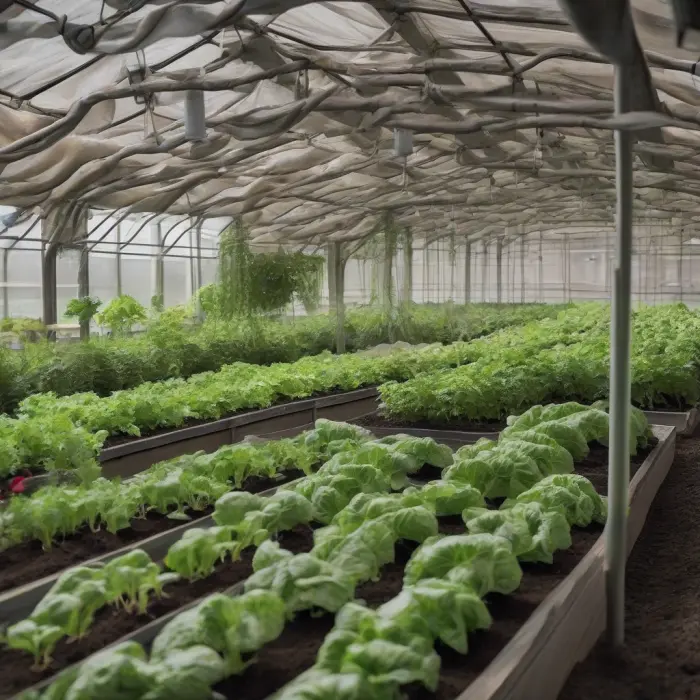The Future of Space Exploration and Colonization
The future of space exploration and colonization holds limitless possibilities. Futurists and scientists predict significant advancements on the horizon that will change our understanding of the universe and our place in it.
Technological Advancements
Excellent progress has been made in space technology. Emerging fields like nanotechnology, artificial intelligence (AI), and renewable energy will fuel this growth. Satellites will become more sophisticated, probes will travel farther than ever before, and telescopes will see further into the universe. Humans will also continue to advance our physical presence in space. New materials, manufacturing techniques, and construction methods will enable the production of larger and more advanced spacecrafts.
Exploration
One aspect that will undoubtedly benefit from these advancements is exploration. Humanity has a natural desire to explore, to discover new frontiers, and to find answers to our most profound questions. But space exploration isn't just about satisfying curiosity. It's fundamentally tied to our survival as a species.
Cosmologists have determined that the current universe is roughly 13.8 billion years old. This gives scientists a vast amount of time to explore the cosmos, which could ultimately enable us to develop new strategies for our survival.
Colonization
Colonization, or the idea of living on other planets, is another exciting prospect. Right now, Mars is the obvious candidate for colonization, with plans for manned missions developing. However, even more remote and exotic locations like the moons of Jupiter and Saturn also hold fascinating possibilities for future human inhabitants.
True colonization involves creating self-sustaining settlements beyond Earth. This is no easy feat and extends beyond merely sending humans to other planets. It would require terraforming – a drastic and currently speculative process of artificially modifying a planet's environment to make it habitable by Earth-like life.
The Challenges
Despite the immense promise, the future of space exploration and colonization faces significant challenges. Technological hurdles, the hostile environment of space, and profound ethical and philosophical questions present major obstacles. Sustainable funding models and international cooperation will also be essential to support the costly endeavor of space colonization.
Conclusion
However, given human history's trajectory, many predict that overcoming these obstacles is not merely possible but inevitable. The allure of the unknown is irresistible, and it's only a matter of time before humans once again push forward into new frontiers. Ours is the first generation capable of deciding whether we will accept the universe as an environment not just to visit, but to inhabit and evolve.
Despite the challenges, the potential rewards of space exploration and colonization are immense. They promise a future in which humanity is not just a resident of Earth, but of the cosmos at large.










